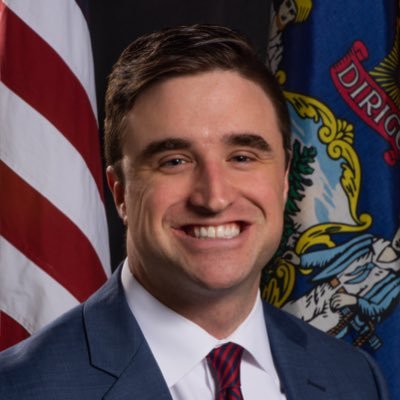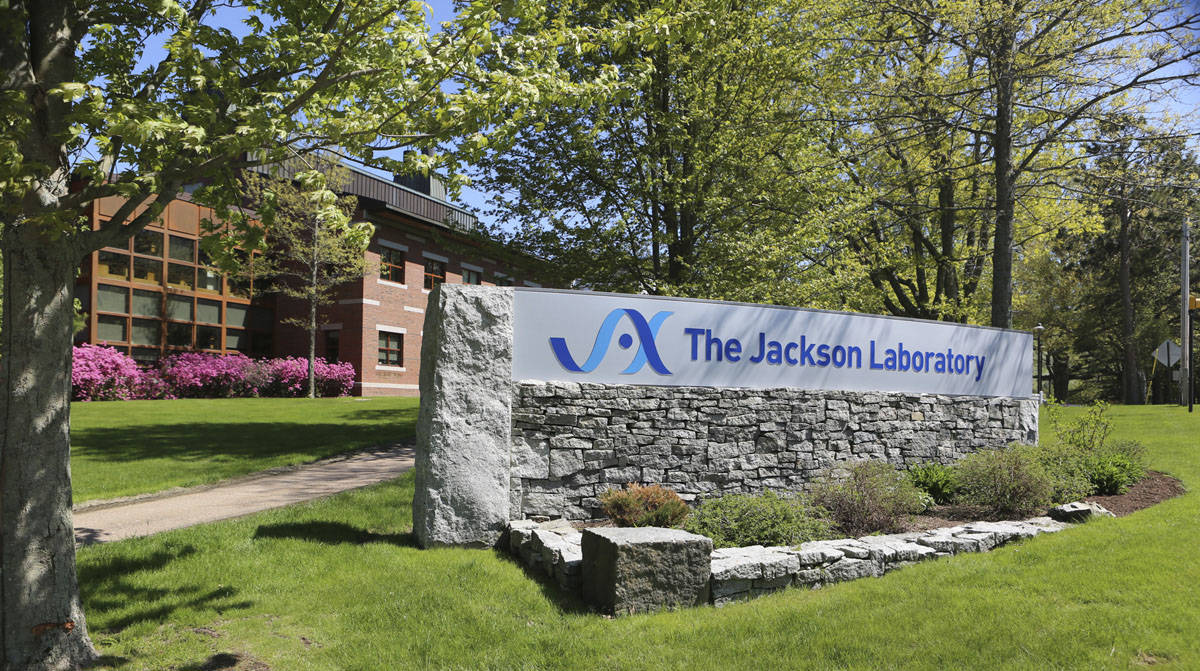Learn about State of Maine including our News & Press Releases, Projects, and State Debt Team.
Talk to us
Have questions? Reach out to us directly.
Learn about State of Maine including our News & Press Releases, Projects, and State Debt Team.
About State of Maine
- Bond Ratings
- Aa2/AA
- Founded
- March 15, 1820
- Tax-Supported Debt Outstanding
- $1.124 Billion
The Office of the Treasurer of State is established in Article V, Part Third of the Constitution of the State of Maine. The Treasurer is elected biennially, at the first session of the Legislature, by joint ballot of the Senators and Representatives in convention, with a limit of four consecutive terms in office. Once elected, Treasurers are constitutionally prohibited from engaging in any business of trade, commerce, brokerage, or of agency for any merchant or trader. The Treasurer is barred from involvement with any political action committee.
The core duties of the Treasurer’s Office are debt management, cash management, trust fund administration and unclaimed property administration. Other major tasks assigned to the Treasurer are directorships on many of Maine’s quasi-governmental debt issuing agencies and distributions under the Municipal Revenue Sharing Program. Below is more information on the Treasurer’s debt management duties.
Debt Management: Managing the issuance of both Bond Anticipation Notes (BANs) and Bonds; Assuring timely debt payments; Managing credit rating agency relationships; Collecting and publishing state debt statistics; Providing debt service projections for legislative and executive budgeting efforts; Preparing the Treasurer’s Statement for publication on ballots whenever general obligation debt proposals are sent out to voters; Determining annually the need for Tax Anticipation Notes (TANs), Lines of Credit, (LOCs) or other short-term debt vehicles to cover cash flow needs within a fiscal year; Arranging for short-term debt if necessary; and Coordinating with cash pool management to maximize cash pool support for General Fund cash flow needs as an alternative to issuing debt.
Image Gallery

News
Please click the link below to view the latest news released by the Office of the Maine State Treasurer.
On July 6, Maine Gov. Janet Mills (D) signed legislation placing a $100-million bond issue on the ballot for November 2, 2021. The bond issue is the third ballot measure set to go before voters in November. It’s the only bond issue certified for the ballot so far.
The ballot measure divides the bond revenue into two categories:
- (1) $85 million for the construction, reconstruction, and rehabilitation of Priority 1, Priority 2, and Priority 3 highways, as well as bridges, and
- (2) $15 million for facilities or equipment related to transit, freight and passenger railroads, aviation, ports and harbors, marine transportation, and active transportation projects.
The bond issue would leverage an estimated $253 million in federal and other funding.
Since 2007, voters have approved 97.6 percent (40 of 41) of statewide bond issues in Maine. The last bond measure to be rejected was Question 2 (2012), which would have authorized $11 million in bonds to expand the state’s community college system. In 2020, voters approved two bond issues, one that issued $105 million for transportation projects and one that issued $15 million for high-speed internet infrastructure.
As of June 30, 2020, Maine had $572.70 million in debt from general obligation bonds. About $64.63 million of voter-approved bonds from prior elections had not yet been issued for projects. The debt from general obligation bonds was the highest since at least 2005 (not accounting for inflation). In 2019, the general obligation bond debt was $543.40 million.
Besides the bond issue, voters will also decide a ballot initiative to prohibit the construction of electric transmission lines in the Upper Kennebec Region, including the New England Clean Energy Connect, and a constitutional amendment to create a state right to growing, raising, harvesting, and producing food. Also before Gov. Mills, as of July 7, is a bill that would refer to voters a measure that would create a state-established, consumer-owned electric utility company called the Pine Tree Power Company. The legislature will return to session on July 19 and could consider an additional two constitutional amendments.
Additional reading:
Augusta, ME: Maine Treasurer, Henry E.M. Beck today announced the state’s participation in the United States Mint American Innovation $1 Coin Program, a multi-year series to honor innovation and innovators by issuing $1 coins for each of the 50 states. Four new $1 coins with distinctive designs will be released each year from 2019 through 2032. Maine’s $1 Innovation Coin is scheduled for release in 2024. According to Treasurer Beck, “Maine has a unique opportunity to showcase a state-specific innovation and/or innovator in the field of science, its impact and connection to the state and we encourage the public to submit ideas,” he said.
The Office of the State Treasurer, (OST) will be accepting submissions from the public by mail, email and its website (https://www.maine.gov/treasurer/american-innovation-coin.shtml) through June 1, 2021.
Treasurer Beck said of the program, “We are excited to be involved and to be able to involve the public in the process of deciding the coin’s theme,” he said. “Maine is a diverse state with many innovators and innovations, all worthy of this type of recognition. It will be tough to make a decision,” he said. Treasurer Beck made clear that the ideas should not include artistic renditions, but rather be concepts in writing only, supporting the reason behind the idea.
Once Maine people submit concepts, a selection committee will assist Governor Mills in determining the concept for approval by the US Treasury. The US Treasury then will use its own artists to create a design for Maine’s coin that is emblematic of the innovation concept approved by the committee.
FMI about criteria for submissions, go to https://www.maine.gov/treasurer/american-innovation-coin.shtml or contact Gregory Olson, Deputy Treasurer by phone 624-7477 or email Gregory.Olson@Maine.gov.
FMI about the National Program, https://www.usmint.gov/learn/coin-and-medal-programs/americaninnovation-dollar-coins
The Office of the Treasurer of State is established in Article V, Part Third of the Constitution of the State of Maine. The core duties of the Treasurer’s Office are debt management, cash management, trust fund administration and unclaimed property administration. Other major tasks assigned to the Treasurer are directorships on many of Maine’s quasi-governmental debt issuing agencies and distributions under the Municipal Revenue Sharing Program.
Projects
State Debt Team

Henry Beck
Gregory Olson
Talk to us
Have questions? Reach out to us directly.



